What is SEZ in GST? Everything You Need To Know
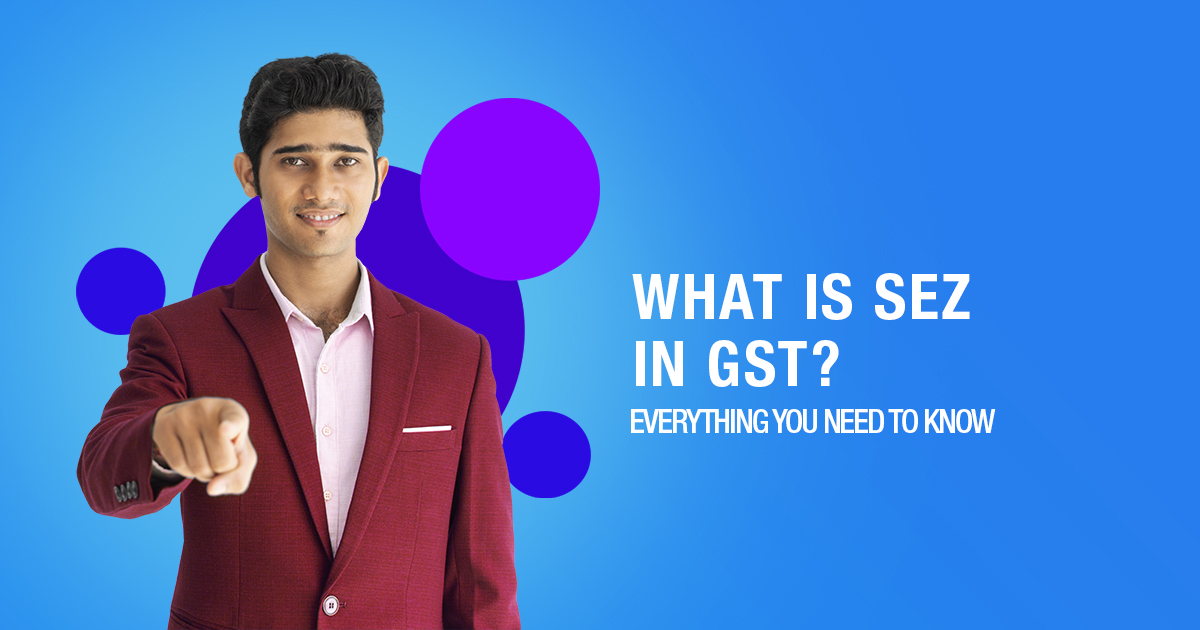
Because the ramifications of GST and the e-way bill touch everyone, Special Economic Zones (SEZ) are included in its scope. But what is SEZ in GST?
A Special Economic Zone (SEZ) is a zone where enterprises can pay reduced taxes and have fewer legal issues. Although it is only found within a country’s sovereign borders, it is classified as foreign territory for tax purposes.
They are classified as foreign territory for tax purposes, which is why they are treated differently. In other words, even if they are in the same nation, they will be handled differently and will be viewed as foreign territory. Because it is not considered part of India, the SEZ would be subject to the Integrated Goods and Service Tax (IGST).
What does that imply? What meaning does SEZ hold in GST? Keep reading to find out more.
What does a Special Economic Zone mean?
Special Economic Zone has a similar meaning as it does in clause (za) of Section 2 of the Special Economic Zones Act, 2005, according to Section 2(19) of the IGST Act.
“Special Economic Zone in GST” means any Special Economic Zone designated under the provision to sub-section (4) of section 3 and sub-section (1) of section 4 and includes an existing Special Economic Zone.
A special economic zone (SEZ) is a designated zone where enterprises can pay reduced taxes and comply with fewer regulations. SEZs are restricted areas within a country’s boundaries. For tax reasons, however, they are considered a foreign territory.
Therefore, shipments from and to special economic zones are treated differently from conventional supplies. To put it another way, even if SEZs are located within the same nation, they are considered foreign territory.
India does not consider SEZs to be a part of the country. Any supply to or from a Special Economic Zone developer or Special Economic Zone unit is therefore regarded as an interstate supply under GST, and the Integrated Goods and Service Tax (IGST) would apply.
Import and Export SEZ in GST
Since SEZs are deemed to be in a foreign region, transactions with them might be classed as exports or imports.
What does it mean to export?
Taking goods or services out of India by any means, or providing goods or services from one unit/developer in a special economic zone to another unit in the same or another SEZ.
What exactly does it mean to import something?
Receiving services or products from one unit/developer withinside the SEZ with the aid of every other unit/developer in the same SEZ or a different one via any mode of conveyance.
What is SEZ in GST?
Being in a special economic zone might help you with taxes. A zero-rated supply is any product or service delivered to a developer or entity in a Special Economic Zone.
As a result, these shipments are subject to a 0% GST charge. In other words, GST is not levied on supplies into SEZ as they are considered exports. As a result, commodity suppliers to SEZs are allowed to:
- Supply under a bond or LUT without paying IGST and claiming an ITC credit
- Supply with IGST paid and claiming a refund of taxes paid.
If an SEZ delivers goods or services to anybody, it’s recognized as an ordinary interstate supply, and the IGST rules pertain.
When an SEZ exports goods or services, or both, to a Domestic Tariff Area (DTA), it is considered an export to DTA (which is exempt for the SEZ), and the person who receives such materials in DTA may be subject to customs duties and other import costs.
Also Read: Everything About GST DSC error and How to fix it?
Supply under GST Bond
The notion of a Bond comes from Excise Laws, and it is relatively new for businesses formerly governed by VAT or Services Laws. According to the law, there will be no payment of tax responsibility for supplies supplied to SEZs, and the invoice will state “SUPPLY MEANT FOR SEZ/SEZ DEVELOPER UNDER BOND WITHOUT PAYMENT OF INTEGRATED TAX.”
Because the supplier will be able to use Input Tax Credit for any other domestic supply, this choice is quite significant. Suppliers benefit from this option since they may make a supply with a Bond and not have to pay IGST or seek a refund.
Between the SEZ supplier and the government with reference to the president of India, an indemnity bond in the format of GST RFD-11 on non-judicial stamp paper should be used. A supplier is not needed to deliver such a Bond (also known as a Running Bond) for each supply made to the SEZ; nonetheless, the bond is only valid for 12 months at this time.
As a security, a bond will be carried together with a Bank Guarantee, and the jurisdictional officer will be accountable for the amount to be held as bank security based on the supplier’s track record. In any instance, the Bank guarantee amount does not exceed 15% of the Bond value.
The Assistant Commissioner or Judicial Deputy will approve the bond, facilitating an easier process and better collaboration with the supply. It would become possible to retrieve income losses in the case of a breach or failure of the bank guarantee. The GST RFD-11 form shall be manually filled out by the Jurisdictional Officer or Assistant Commissioner.
Zero Rated Supply Turnover
The worth of all goods and services supplied in view of exports out of India, which would include SEZ units, during the month or time period for which reimbursement is requested is referred to as zero-rated supply turnover. This is the total value of supplies made outside of India, including SEZ, during the tax period specified in the GSTR 3B.
Supply under LUT
Due to the challenges that a supplier seems to have under Option 2, he requires the issuing of a Bank Guarantee for a specific sum and commission. It secures the fixed deposit with the bank. Another way for resolving such issues is for a supplier to provide a letter of undertaking for the purpose of supplying SEZ.
Assistant Commissioner or Judicial Deputy may also accept a LUT. Such a LUT will have a 12-month validity term and can be reproduced for each year. In the case of a violation of the LUT, B.G. may be required; otherwise, a provider may carry LUT for hurdle-free supply.
The following individuals are eligible to submit a Letter of Undertaking in lieu of a bond:
- Any person who meets the requirements of paragraph 5 of the Foreign Trade Policy 2015-2020.
- In cases where the amount of tax evaded exceeds two hundred and fifty lakh rupees, a taxpayer who has received the due foreign inward remittances amounting to a minimum of 10% of the export turnover, which should not be less than one crore rupees, in the previous financial year and has not been prosecuted for any offence under the Central Goods and Services Tax Act, 2017 (12 of 2017) or under any of the existing laws.
The Assistant Commissioner or Deputy Commissioner will accept LUT, and the validity term for LUT will be 12 months. Unlike a bond, a LUT only requires a bank guarantee if the LUT is breached, making it a more easy choice than a bond.
The LUT must be submitted in the GST RFD 11 form. Initially, an online LUT file was not possible; however, online LUT filing is possible as of the end of February 2018.
Supply with payment of IGST
Payment of IGST can also be used to supply products or services to an SEZ enterprise. Suppliers who are unable to execute LUT for any reason may choose to charge IGST under the terms and conditions of section 16 (3) of the IGST Act.
As a result, suppliers are eligible for a return for the amount charged as IGST. In addition, if the supplier is unable to claim the IGST return, the supplier may request that the SEZ unit claim the IGST refund.
Rules of E-Way Bills for SEZ
If the value of the products being conveyed is greater than Rs.50,000, transporters are required to carry an e-way bill under GST. SEZ supplies are regarded the same as other interstate commodities.
The SEZ units or developers will be required to follow the same EWB processes as the rest of the industry. The registered person who facilitates the transfer of goods from an SEZ to a DTA or any other location is responsible for the preparation of e-way bills.

Maximize Your Online Business Potential for just ₹79/month on Lio. Annual plans start at just ₹799.
How Lio Can Help?
Lio is a mobile integrated app that helps in maintaining the records of the activities as well as used for storage of other personal data and keeps it safe and secured so that the users know that their data will not get corrupted from any outer source. The app helps in categorizing, making folders, and storing data of various activities.
Not downloaded the Lio App yet? Here is how you can start with Lio App.
Step 1: Select the Language you want to work on. Lio for Android

Step 2: Create your account using your Phone Number or Email Id.

Verify the OTP and you are good to go.
Step 3: Select a template in which you want to add your data.

Add your Data with our Free Cloud Storage.
Step 4: All Done? Share and Collaborate with your contacts.

Conclusion
GST is India’s greatest tax reform in history, with billions counting on it to provide a better method to do business and reduce the cascading consequences of the previous tax structure.
Although the system is new to everyone and people are unfamiliar with the new indirect tax nomenclatures, we can anticipate it to run smoothly by the time it is implemented. However, it is also critical to grasp the fundamentals of GST in depth.
The World Trade Organization (WTO) has established certain principles for supplying Special Economic Zones worldwide. Exports to these kinds of SEZ zones are free from VAT/GST under the sanctioned guidelines, however, imports from these areas are taxed at a rate equivalent to domestic manufacturing within a country.
Since GST is based on the WTO’s destination principle, exports conducted inside the country are zero-rated, and the cost and overheads spent on resources are reimbursed to producers in the form of input tax.
Frequently Asked Questions(FAQs)
What does Domestic Tariff Area (DTA) mean?
The DTA, as defined in the SEZ Act, refers to the entire country of India (including the territorial waters and continental shelf), but excludes the SEZ zones. As a result, the DTA encompasses all land outside of the SEZ.
Is it true that when an SEZ unit or SEZ developer acquires goods or services from an unregistered supplier, the SEZ unit or SEZ developer must pay IGST under reverse charge or that these supplies are zero-rated?
Under the IGST Act, supplies to an SEZ unit or developer are treated as inter-state supplies. Under the GST Law, every supplier providing inter-state supplies is required to register for GST. As a result, anyone making a supply to an SEZ unit or developer must get GST registration.
In what ways can ITC refund inward supplies?
ITC does so in two ways:
With IGST payment and without LUT
Without IGST payment and with LUT
What benefits do domestic suppliers have access to in the Special Economic Zone?
Benefits of domestic suppliers having access to the Special Economic Zone:
Drawback/DEPB
CST Exemption
Exemption from State Levies
Discharge of EP if any on the suppliers
Income Tax benefit as applicable under the Income Tax Act
How can a person claim a GST refund on exports?
An applicant shall be awarded a GST refund on exports if:
The person in charge of transporting exported goods files an export report detailing the volume and date of shipping bills or export bills.
After the shipping bill, export reports, and a formal report are filed, the applicant presents a valid return in GSTR-3 Form or GSTR-3B Form. The application for a refund will then be approved, and the refund procedure will be initiated.


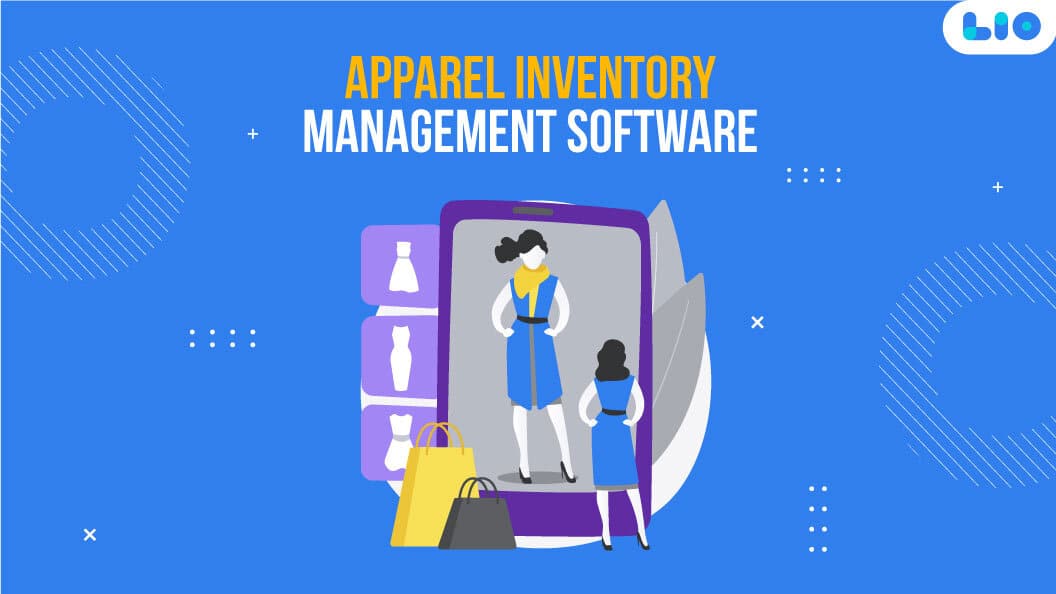


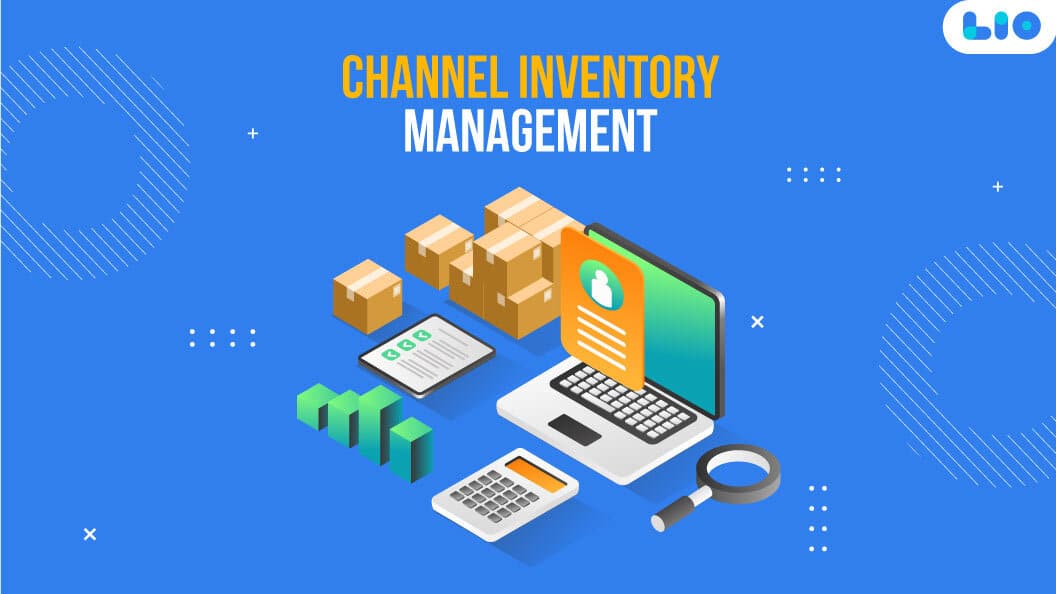


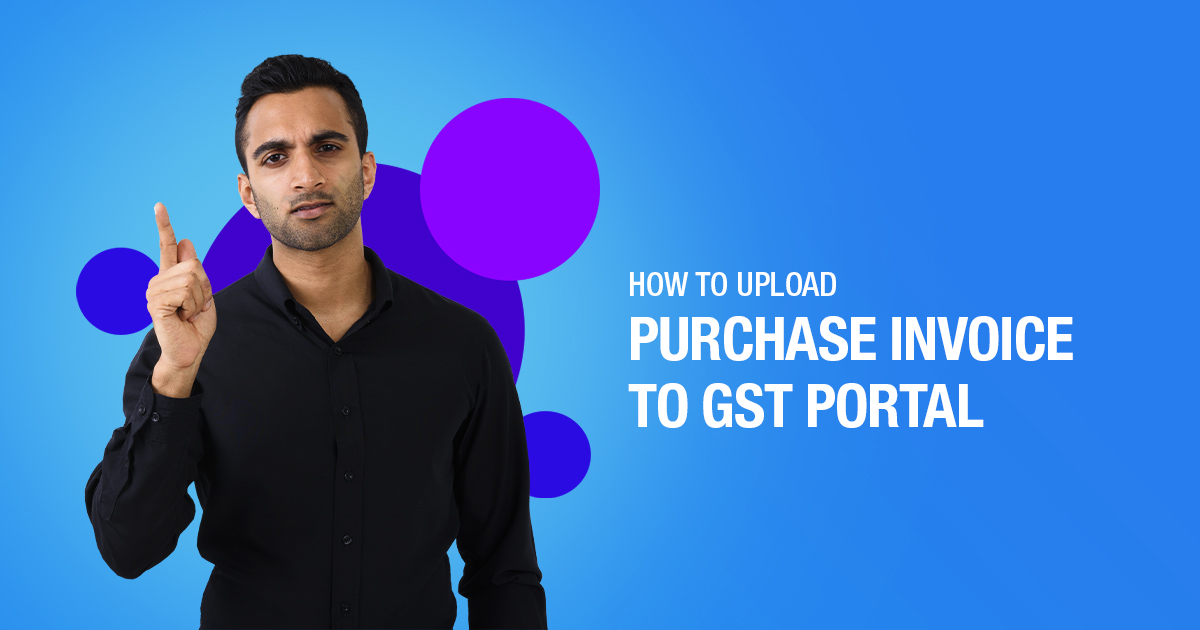
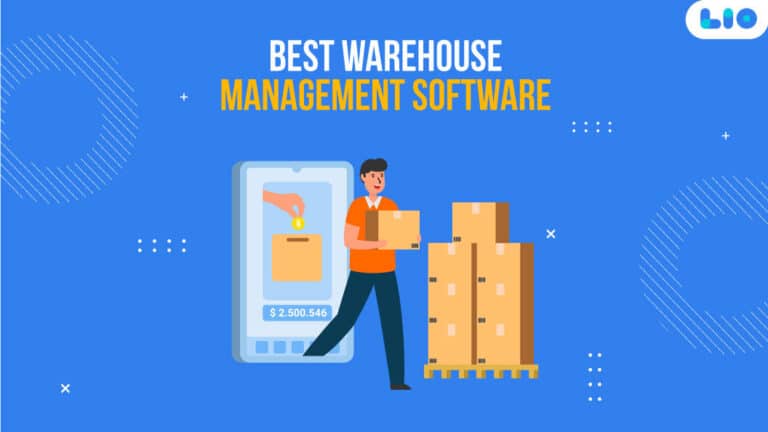
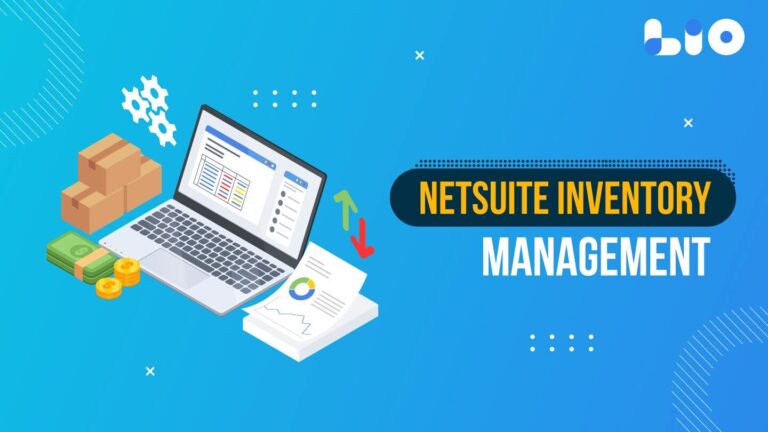
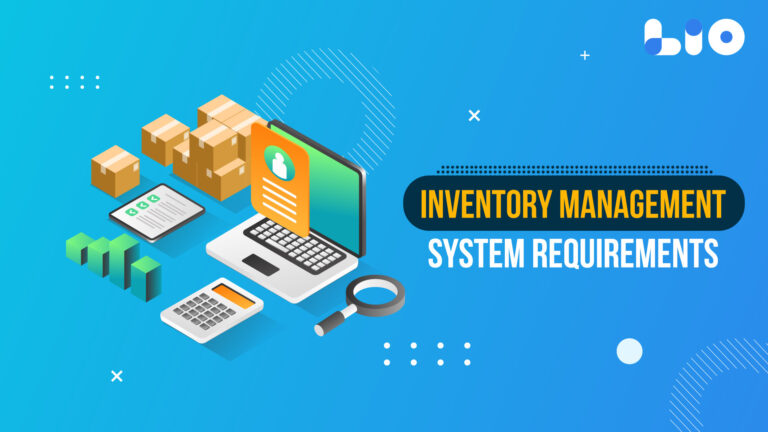
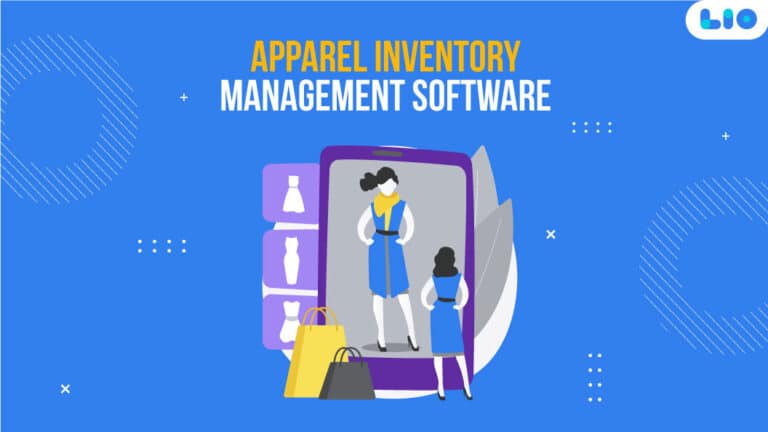
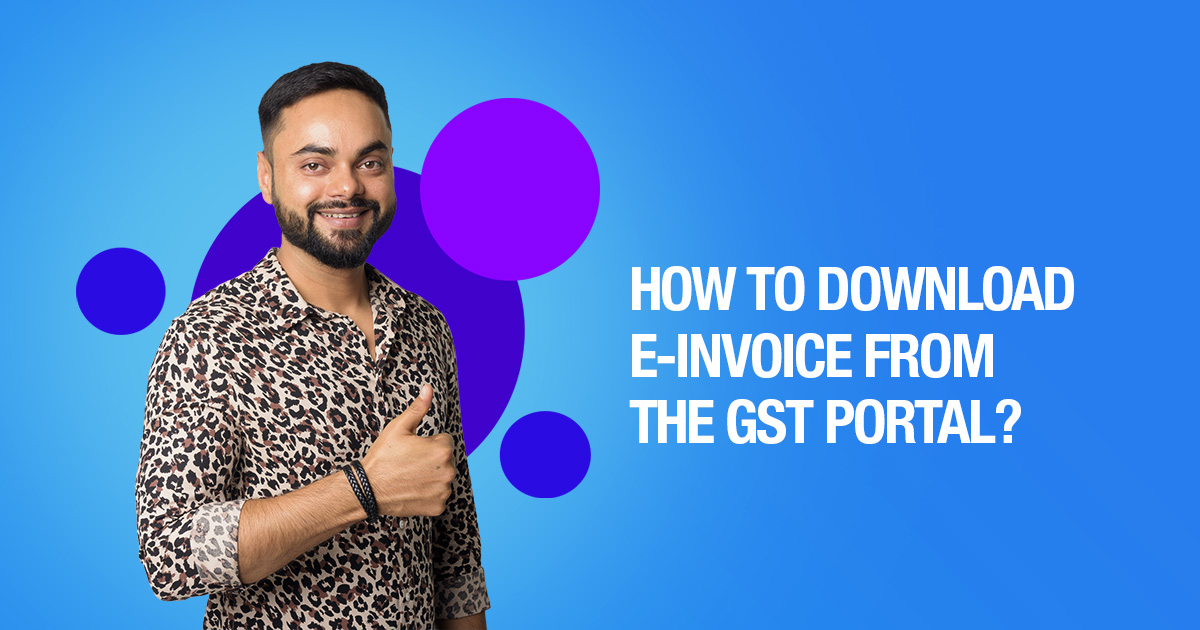
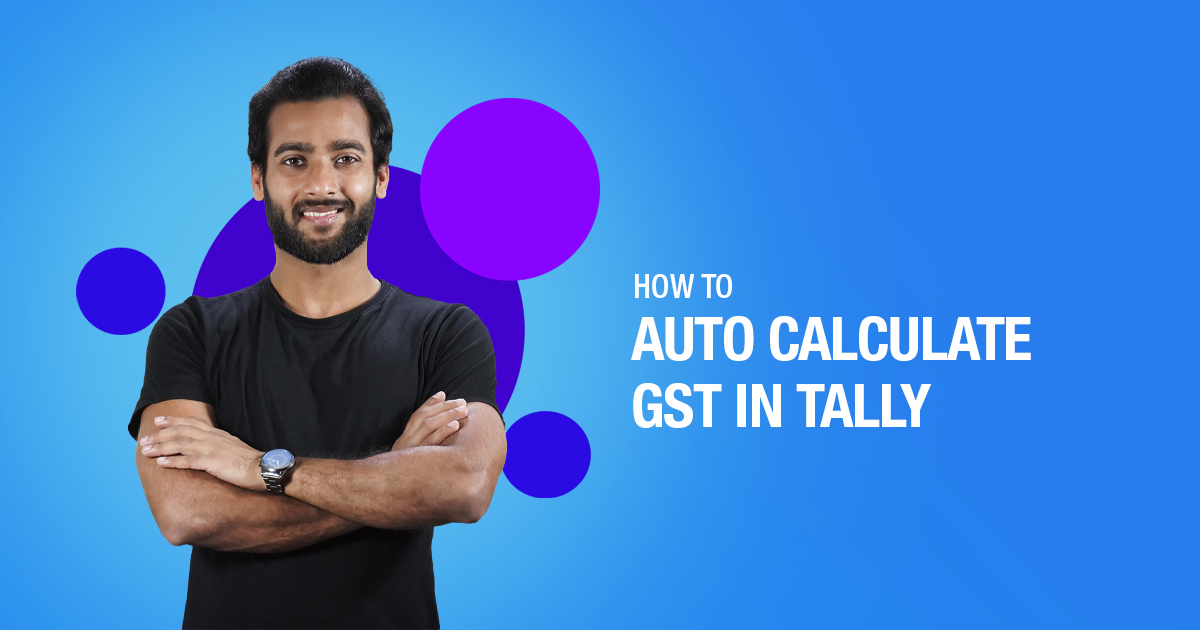
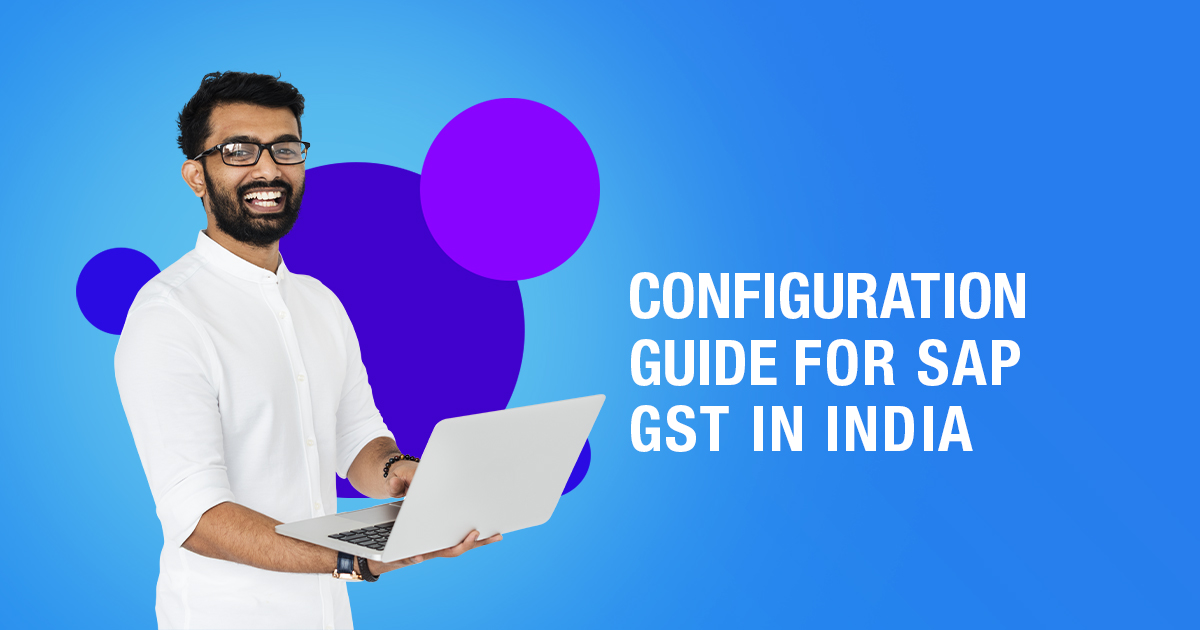
10 Comments
Would you kindly let me know if SEZ is allowed to sell in domestic markets?
Hello Naran,
Currently, businesses that sell goods on domestic markets are prohibited from operating in SEZs. According to officials, the domestic tariff area (DTA) SEZ units’ sales and procurement transactions, which currently take place through a different method, would also be integrated with the customs e-filing portal.
Please explain to me what LUT in Gst means.
Hello Renuka,
LUT in GST: Letter of Undertaking is its full name and definition. Under rule 96 A, it must be provided in the form GST RFD 11, in which the exporter certifies that they will comply with all applicable GST requirements when exporting without paying IGST. I hope I was clear.
It’s truly wonderful how well you’ve explained everything about SEZ. Thank you for your efforts.
Hello Menaka,
Thank you for your kind words.
I’m delighted this article was instructive for you.
Being a student of economics, these kinds of things often pique my interest and push me to research further. Also, can you also pls tell me when the GST refund can be claimed? I must say, your articles are really informative..
Hello Prasanna,
Thank you so much for your kind remarks.
The applicant must submit GST refund claims within two years after the pertinent date under the GST regulations. If the claim is legitimate, the refund must be approved within 60 days of the claim’s receipt date.
Pls let me know who can collet GST cess. Thank you; kindly write more on relevant subjects.
Hello Riya,
All taxable persons who sell the notified goods must collect and remit the GST compensation Cess. Payers of the GST compensation tax are exempt from it.